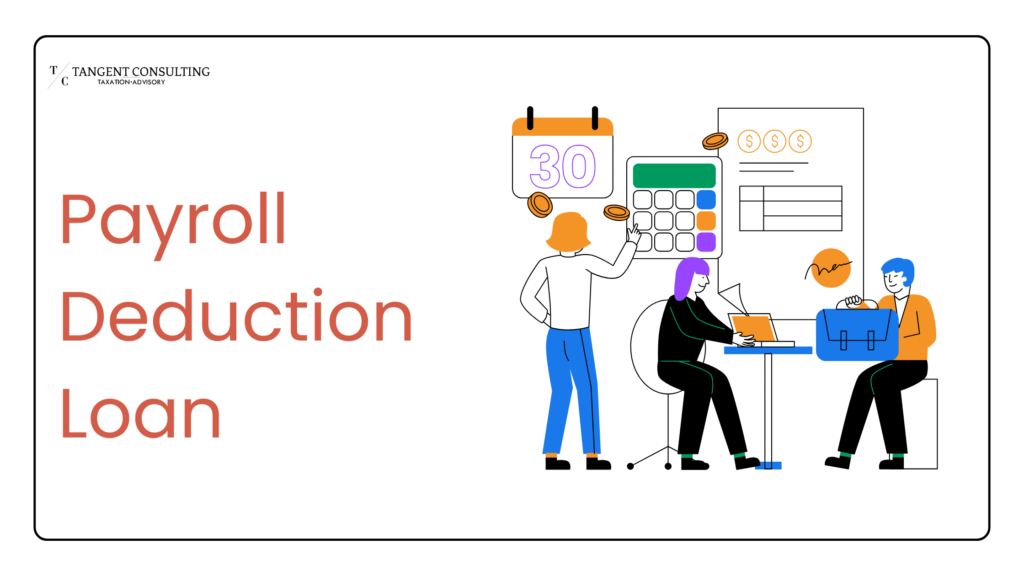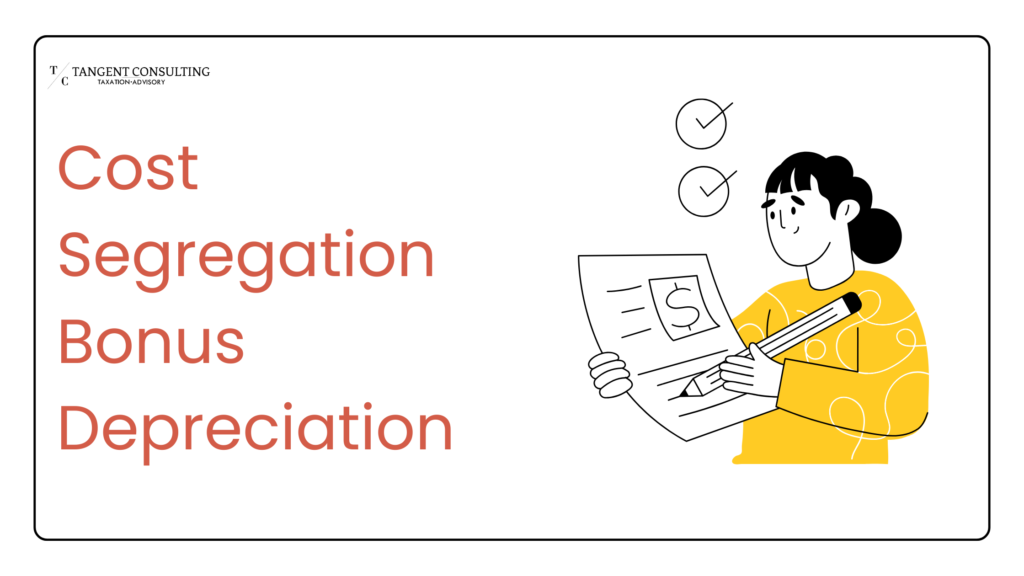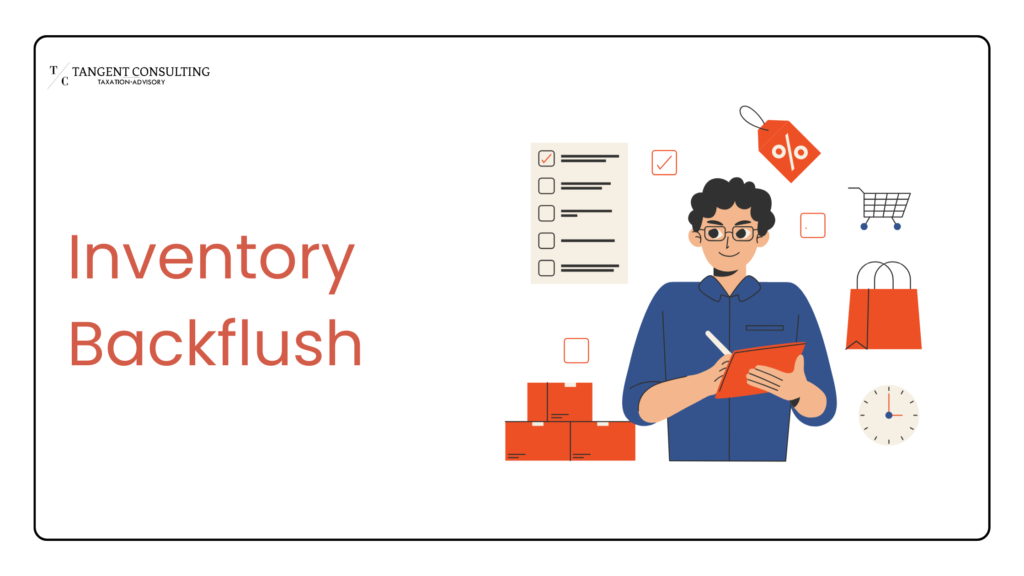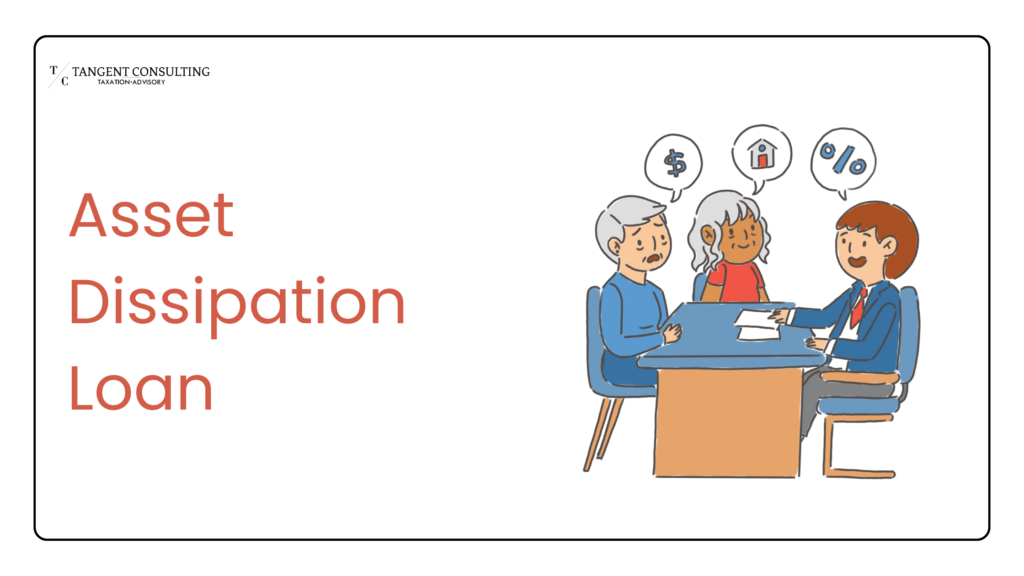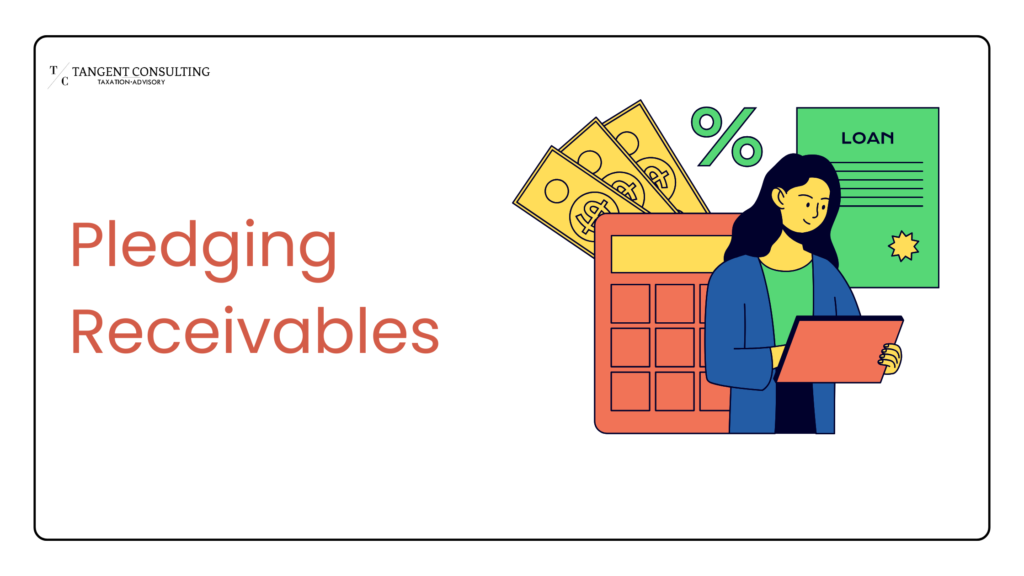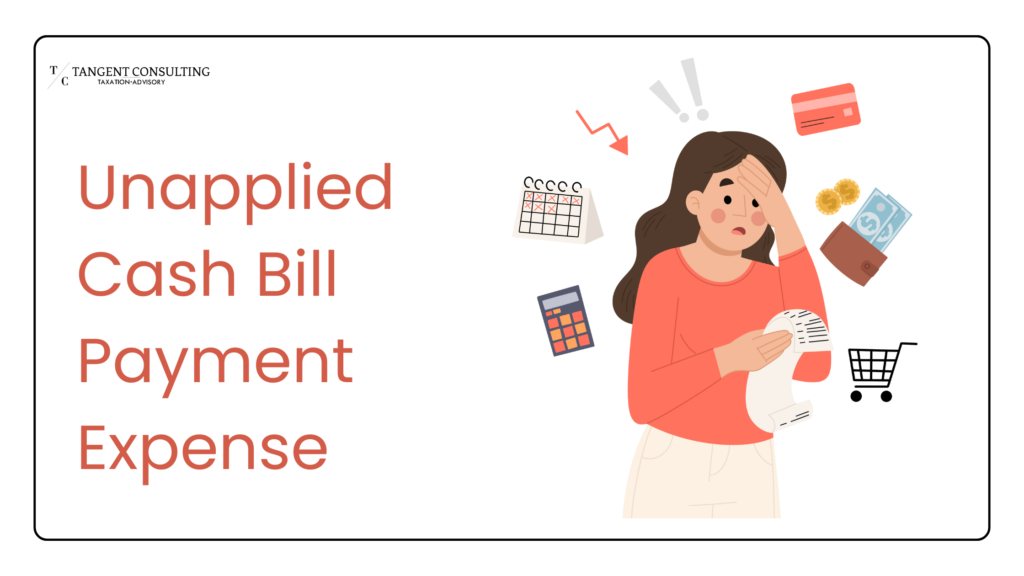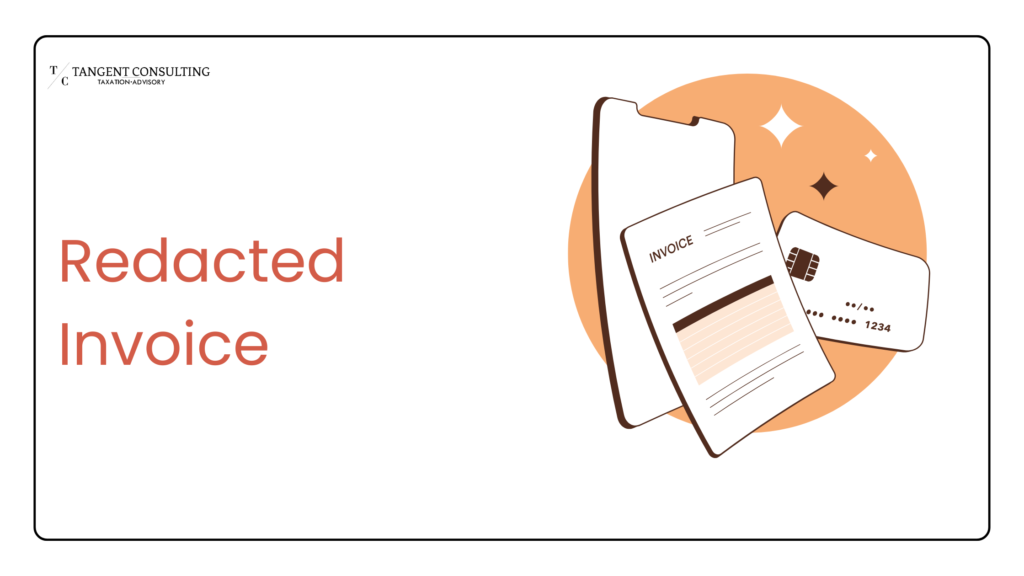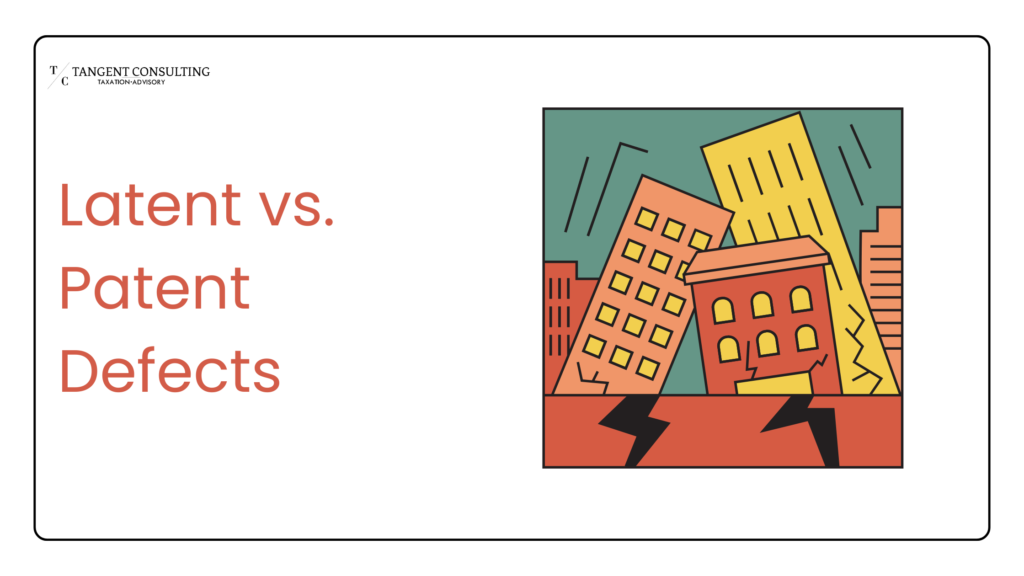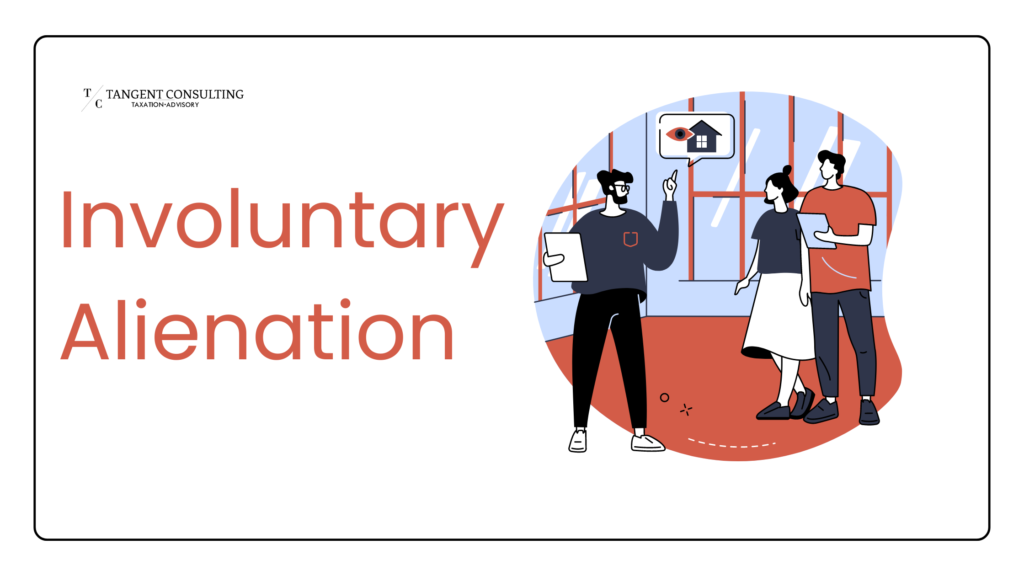Payroll Deduction Loan Payroll deduction loans are a type of loan in which payments are automatically deducted from the borrower’s paycheck. Employers or credit unions offer this type of loan. It makes repaying loans easier for borrowers and can reduce the risk of missed payments for lenders. A payroll deduction loan is a type of financing […]
Cost Segregation Bonus Depreciation
Cost Segregation Bonus Depreciation Cost Segregation Bonus Depreciation is a tax strategy property owners use to accelerate depreciation on certain parts of a building. It has two parts. Through cost segregation, property owners identify components like floors and lighting that can depreciate faster than the building. Next, with bonus depreciation, owners can deduct a large […]
Inventory Backflush
Inventory Backflush Inventory Backflush is an accounting method that records the cost of the product after production. Once the product is finished, the costing system “backflushes” and deducts the material costs from inventory rather than tracking each component. It is also known as backflush costing. For example, a car manufacturer produces 100 cars. Instead of […]
Asset Dissipation Loan
Asset Dissipation Loan Asset Depletion, also known as Asset Dissipation, is a mortgage qualification method that allows you to use your liquid assets to prove income—even if you have little to no traditional employment earnings. Instead of relying solely on a paycheck, lenders apply a specific formula to calculate how much monthly income your assets […]
Can you disinherit your spouse?
Can you disinherit your spouse? In most cases, disinheriting a spouse isn’t simple. Many places in the US and Canada protect spouses from being completely disinherited. In some places, you have to submit a memorandum of reasons for disinheriting the spouse. These protections are called statutory rights. For instance, if someone tries to leave all […]
Pledging Receivables
Pledging Receivables Pledging receivables means a business using its accounts receivable (money owed by customers) as collateral to secure a loan. Here, the company agrees that if they can’t repay, the lender can collect the customers’ payments. Using accounts receivable as collateral can be a smart way to improve cash flow, but it comes with […]
What Is Unapplied Cash Bill Payment Expense?
What Is Unapplied Cash Bill Payment Expense? Unapplied cash bill payment expense refers to the payment that hasn’t been matched as an actual expense. It happens when cash is paid, but the expense isn’t linked to a specific bill, making it unapplied. For example, if a company pays $500 to a supplier in advance but […]
Redacted Invoice
Redacted Invoice A redacted invoice is a specific invoice that hides sensitive information. For instance, if a company shares invoices publicly, it can hide clients’ names. Redaction is the process of editing a document to remove or conceal sensitive information before it’s shared publicly or disclosed. This is a common practice in legal, government, and […]
Latent vs. Patent Defects
Latent vs. Patent Defects Latent and Patent defects are real estate terms that define property damage. Latent defects illustrate the hidden damage, such as a faulty foundation in a new building. On the other hand, patent defects are visible damages like a cracked window when buying a property. To understand it better, think of these […]
Involuntary Alienation
Involuntary Alienation Involuntary alienation describes loss of ownership without consent. An individual can lose property through legal actions like foreclosure, unpaid taxes, or death. For instance, if someone falls behind on mortgage payments, the bank might foreclose on the house, and they can lose ownership involuntarily. It reminds us of the TV remote battle in […]

